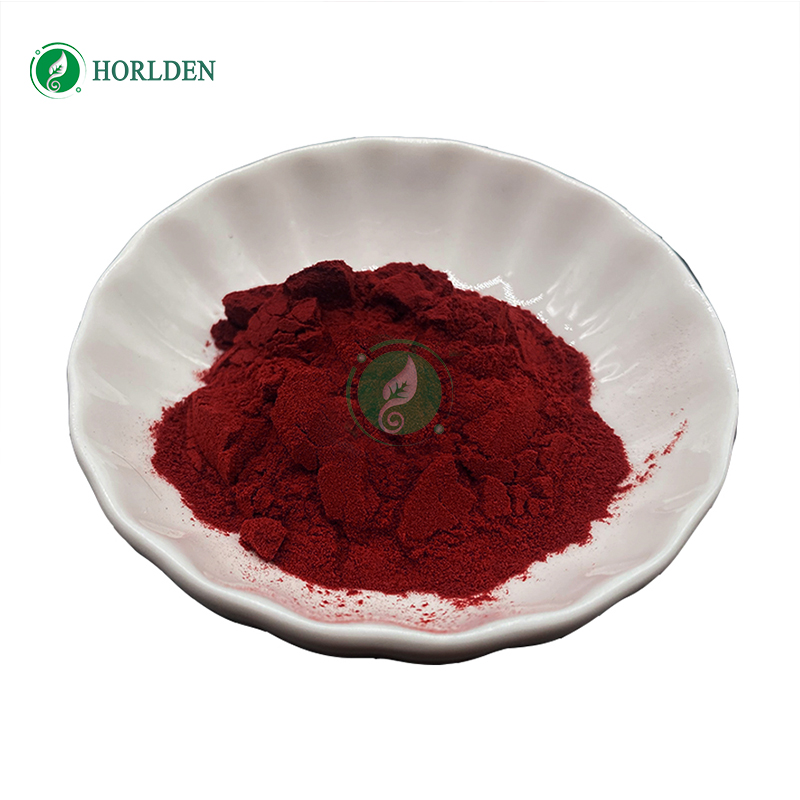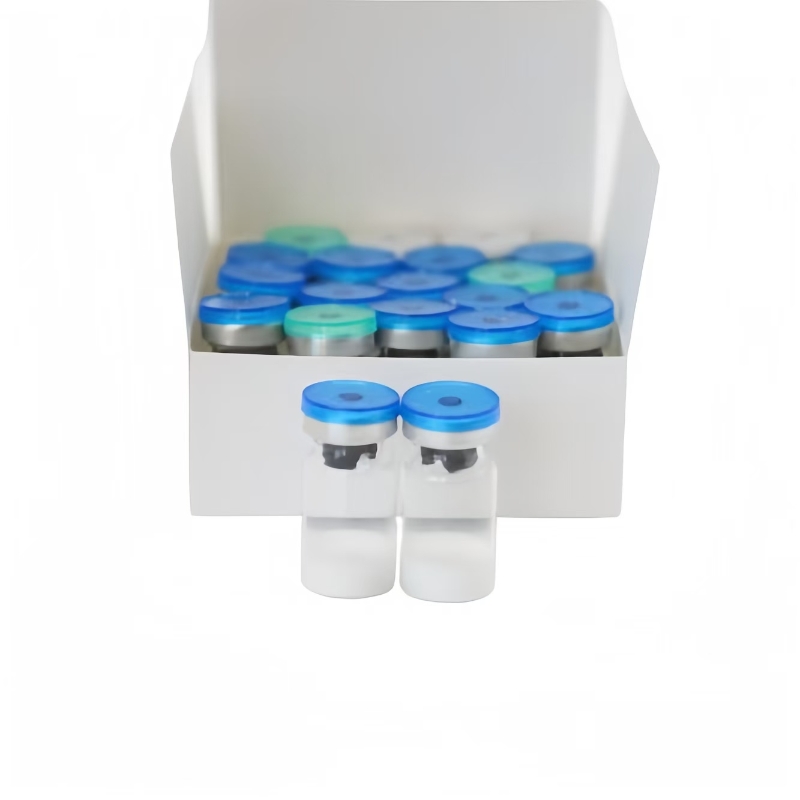FDA approves Novartis' new oral targeted cancer drug Kisqali for treatment of patients with advanced or metastatic breast cancer
-
Last Update: 2020-06-11
-
Source: Internet
-
Author: User
Search more information of high quality chemicals, good prices and reliable suppliers, visit
www.echemi.com
recently, SwissPharmaceutical
scoundrel Novartis announced that the U.SFood andDrug(
FDA() has approved the new oral targeting anti-cancer drug Kisqali (ribociclib) for the treatment of patients with hormone receptor-positive, human epidermal growth factor receptor 2 negative (HR-HER2-) advanced or metastatic breast cancer patientsThe FDA reviewed Kisqali's supplementarynew drug(sNDA) through the Real-
Time Oncology Review and Assessment Assistance Pilot program, and approved the sNDA within one month of its submissionrelated research
Kisqali is an oral targeted CDK4/6 inhibitor that selectively inhibits cell cycle protein-dependent kinase 4/6 (CDK4/6), restores cell cycle control, and blocks tumor cell proliferationOut-of-control cell cycle is a hallmark of cancer, and CDK4/6 is overactive in many cancers, causing cell proliferation to spiral out of controlCDK4/6 is a key regulatory factor for the cell cycle, which can trigger the transition of the cell cycle from the growth (G1 phase) to the DNA replication period (S1)In estrogen receptor-positive (ER-plus) breast cancer, CDK4/6 is very active very frequently, and CDK4/6 is a key downstream target for ER signalsPreclinical datashow that CDK4/6 and ER signal double inhibition has synergy and can inhibit the growth of stage G1 ER-breast cancer cellsrelated studies
this approval is based on data from two key Phase III clinical studies (MONALEESA-7 and MONALEESA-3), which show that Kisqali-based programmes significantly extend progression-free survival (PFS) and show efficacy at 8 weeks of treatment compared to endocrine therapy alonespecifically, in the MONALEESA-7 study, in premenopausal, perimenopausal women, kisqali and one aromatase inhibitor, Goserelin, almost doubled the median PFS (27.5 months vs13.8 months, HR.569,95.43.43.74) compared to a aromatase inhibitor, gosselinIn the MONALEESA-3 study, the Kisqali-fluorovis group programme significantly extended the median PFS (20.5 months vs12.8 months, HR -0.593,95%CI: 0.480-0.732) in the entire group of postmenopausal patients across first-line and second-line treatments, compared to the individual treatment of fluorovis group
This article is an English version of an article which is originally in the Chinese language on echemi.com and is provided for information purposes only.
This website makes no representation or warranty of any kind, either expressed or implied, as to the accuracy, completeness ownership or reliability of
the article or any translations thereof. If you have any concerns or complaints relating to the article, please send an email, providing a detailed
description of the concern or complaint, to
service@echemi.com. A staff member will contact you within 5 working days. Once verified, infringing content
will be removed immediately.







